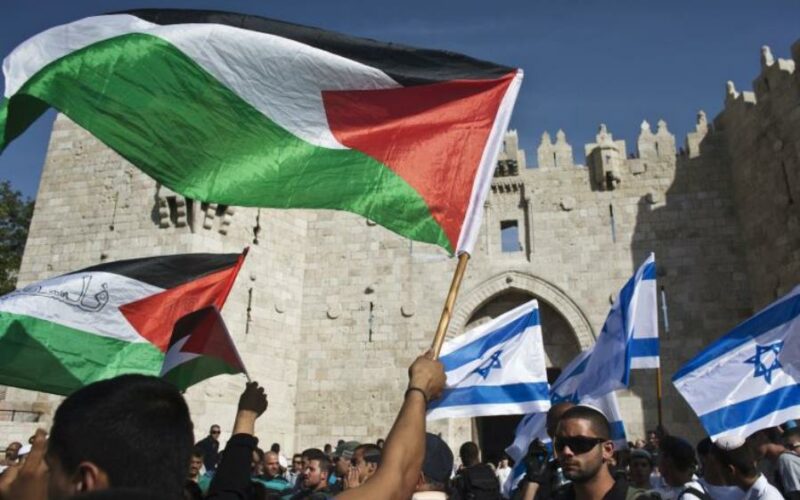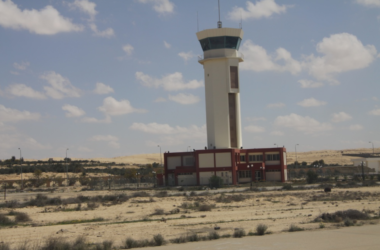Efforts to broker a truce between Israel and the Palestinian group Hamas in Gaza have encountered significant hurdles, with weeks of negotiations failing to yield agreement. Nevertheless, international pressure for a resolution is mounting, evident in recent developments such as the involvement of William Burns, the Director of the CIA, in the latest round of talks held in Cairo, representing a notable indication of heightened American engagement.
Hamas has publicly maintained its original demands, including a permanent ceasefire, the complete withdrawal of Israeli troops, and the unconditional return of displaced Palestinians to northern parts of the territory. Conversely, Israeli Prime Minister Benjamin Netanyahu has reiterated Israel’s stance, insisting on continued military action until Hamas is neutralized and all hostages held by the group are freed.
Gershon Baskin, known for his involvement in past negotiations with Hamas, highlighted increased American pressure on both Israel and intermediary countries such as Egypt and Qatar. Baskin noted the significance of the CIA’s involvement, indicating a ramp-up in diplomatic efforts.
Despite indications of pressure, a conclusive agreement remains elusive. Israeli officials have signaled a willingness to make concessions amid mounting frustration from key allies, particularly the United States. The proposed deal entails the release of hostages held by Hamas in exchange for Palestinian prisoners incarcerated in Israeli jails. However, discrepancies have emerged regarding the number of hostages held by Hamas, raising concerns about the effectiveness of proposed exchanges.
Within Israel, Prime Minister Netanyahu faces internal challenges, with pressure mounting from various sectors of society and political factions. While public support for military action remains substantial, there are increasing calls for Netanyahu to prioritize the release of hostages and pursue a ceasefire agreement.
Divisions within Netanyahu’s coalition government further complicate the situation, with ultranationalist allies advocating for continued military action against Hamas. Finance Minister Bezalel Smotrich emphasized the necessity of increasing pressure on Hamas to secure the release of hostages, while National Security Minister Itamar Ben Gvir threatened to withdraw support from Netanyahu unless promised military actions were undertaken.
Proposals to launch military operations in Gaza, notably in the city of Rafah, have faced international condemnation due to concerns about civilian casualties and humanitarian implications. Despite domestic pressures, Netanyahu’s announcement regarding plans for a Rafah operation elicited skepticism, questioning the viability of resuming negotiations.
Hamas has yet to provide a formal response to the latest proposals, citing inadequacies in meeting its demands. The group remains skeptical of Israel’s commitment to a permanent ceasefire, fearing future hostilities post-hostage release.
The decision-making process within Hamas, particularly under the leadership of Yahya Sinwar, poses additional challenges to reaching a consensus. Communication difficulties and demands for greater influence in negotiations further complicate the path to a ceasefire agreement.
As the conflict persists, the humanitarian crisis in Gaza deepens, with widespread destruction and urgent needs among the civilian population. Despite international pressure and diplomatic efforts, achieving a lasting ceasefire between Israel and Hamas remains uncertain, contingent upon the willingness of key stakeholders to compromise and find common ground.








